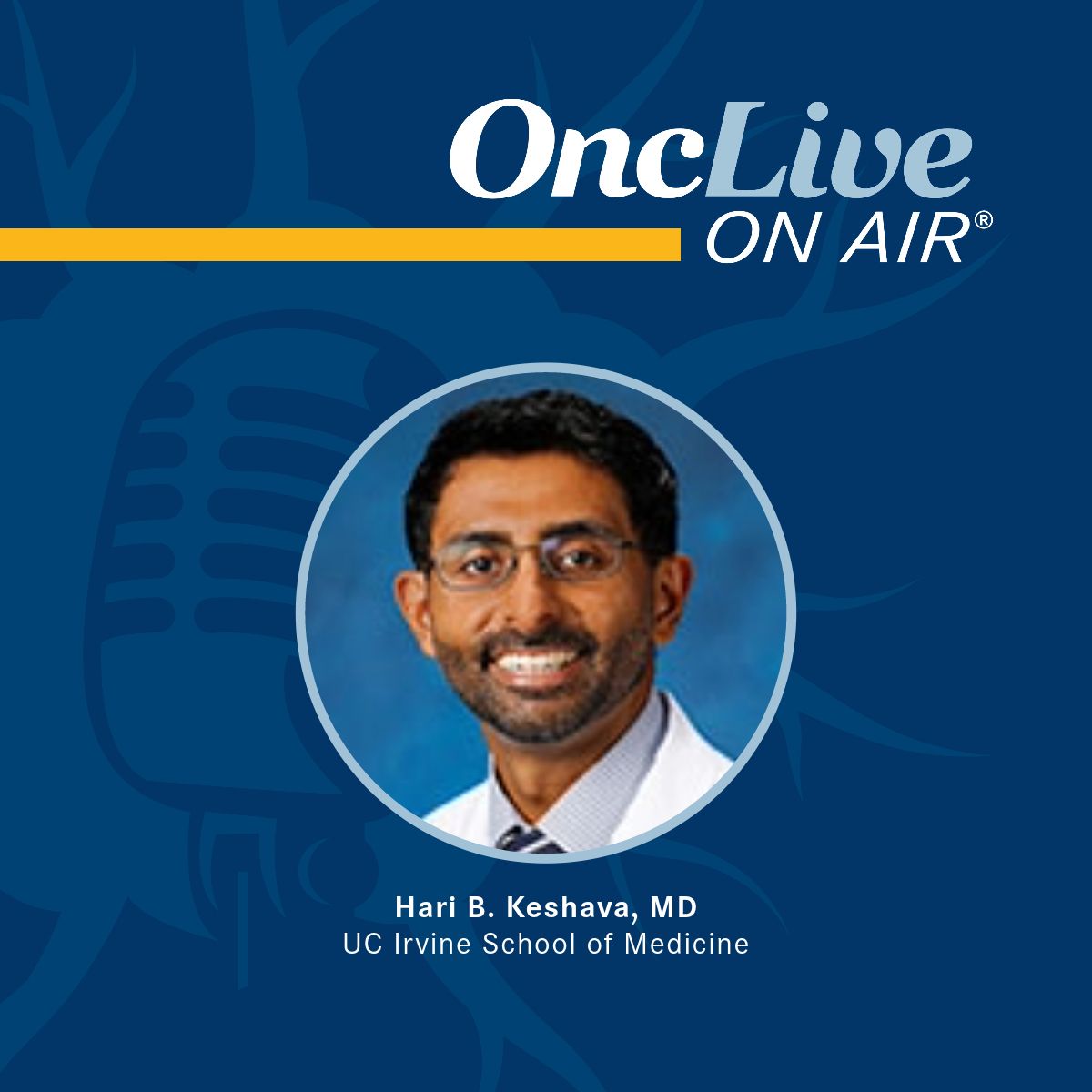Video
Dr. Husain on the Future of Monitoring T790M in Lung Cancer
Author(s):
Hatim Husain, MD, assistant professor of Hematology-Oncology at the University of California San Diego Moores Cancer Center, discusses the future of monitoring the emergence of EGFR T790M circulating tumor DNA in urine from EGFR-mutated non–small cell lung cancer (NSCLC).
Hatim Husain, MD, assistant professor of Hematology-Oncology at the University of California San Diego Moores Cancer Center, discusses the future of monitoring the emergence of EGFR T790M circulating tumor DNA in urine from EGFR-mutated non–small cell lung cancer (NSCLC).
There is an active interest looking across both plasma and urine and better understanding how technologies in these types of spaces better anticipate resistance as well as treat resistance if it occurs, explains Husain.
It is important to find a way to chronicle how the evolution of the tumor changes and develop strategies and algorithms to better treat and combat those evolutionary pathways, states Husain.









